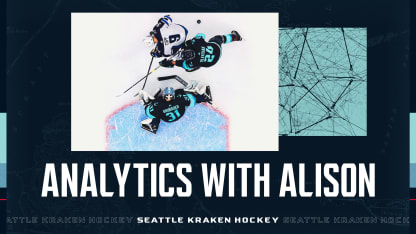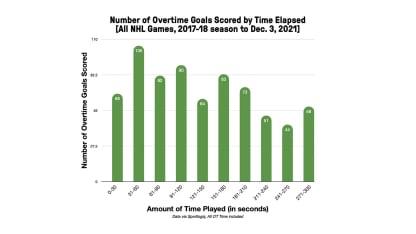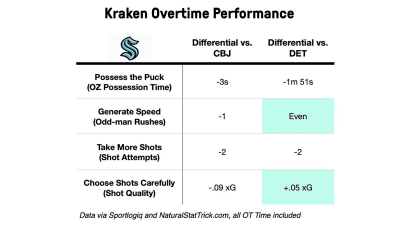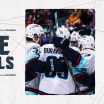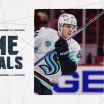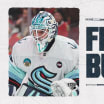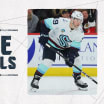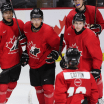A little over a week ago, Seattle was playing its 23rd game of the season in Detroit. Having forced overtime, the Kraken were fighting for a second standings point from the game when a stoppage in play was called. And that's when a question was raised by J.T. Brown.
"What is the percentage of teams that win in overtime that have also won the opening draw (in overtime)? May not be even a correlation, but would be cool to know."
Analytics with Alison: Overtimes, faceoffs, and the connection in between
When it comes to overtime, we look at how much of a role winning the initial faceoff plays, as well as other keys to success
